Nursing Case for Change: PDSA Cycle to Reduce Medication Errors
VerifiedAdded on 2023/06/15
|7
|498
|106
Report
AI Summary
This report addresses the significant issue of medication errors in Australia, where a notable percentage of hospital admissions are linked to medication-related problems. It introduces the Plan-Do-Study-Act (PDSA) cycle as a model for improvement, emphasizing its iterative four-stage approach to problem-solving and process enhancement. The report highlights the critical role of healthcare professionals in preventing and identifying medication errors, categorizing various types of errors such as prescribing inaccuracies, omissions, and incorrect dosages. It advocates for strategies like double-checking prescriptions to mitigate these errors. The recommendation emphasizes the PDSA cycle's support for continuous improvement in medication error reduction through effective strategy formulation, ultimately leading to enhanced healthcare service quality. The conclusion underscores the purpose of reducing medication errors to provide quality services, asserting that the effective utilization of models and strategies will facilitate changes for improved medication practices. The document includes references to support the arguments and findings presented.
1 out of 7

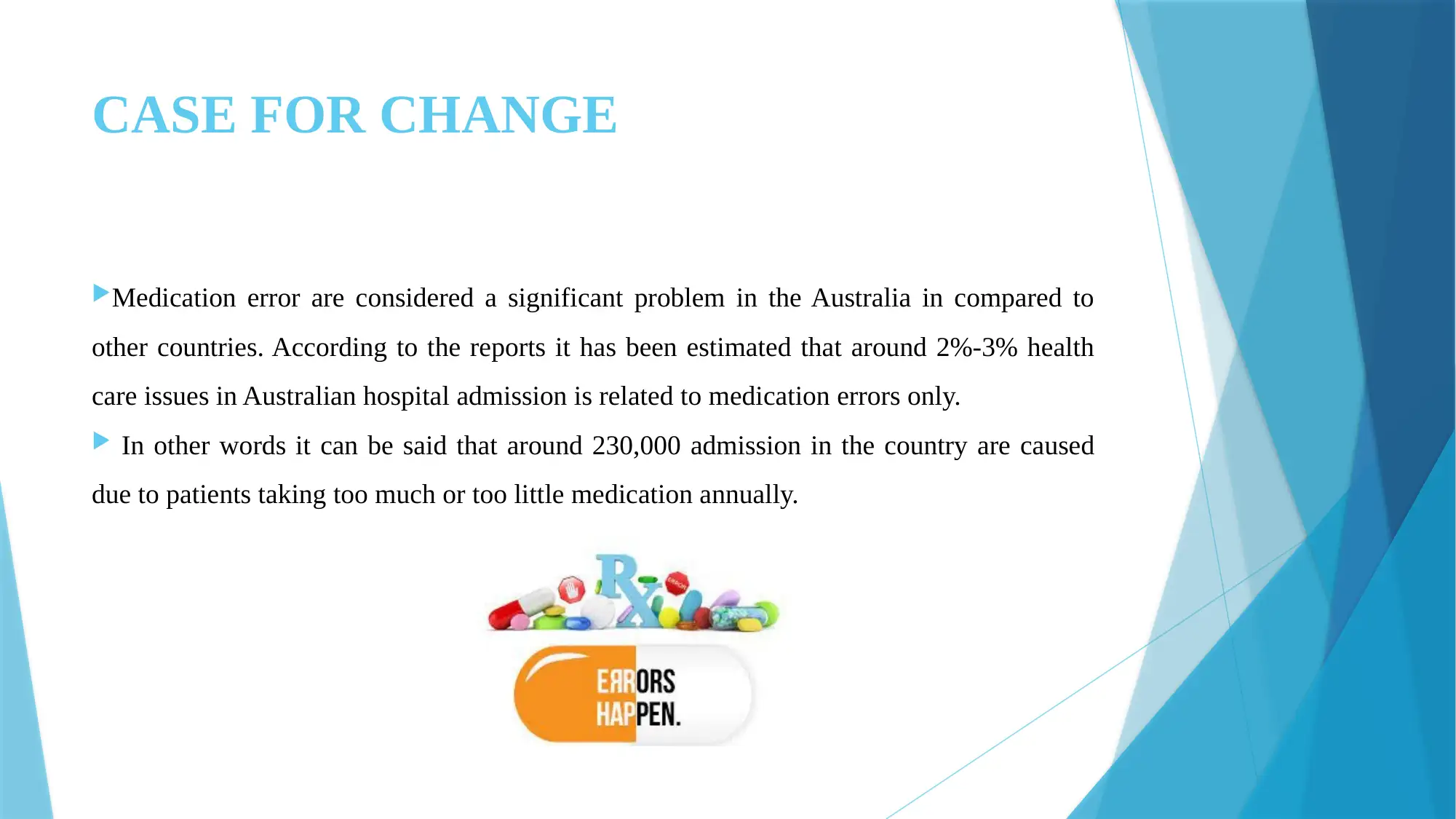
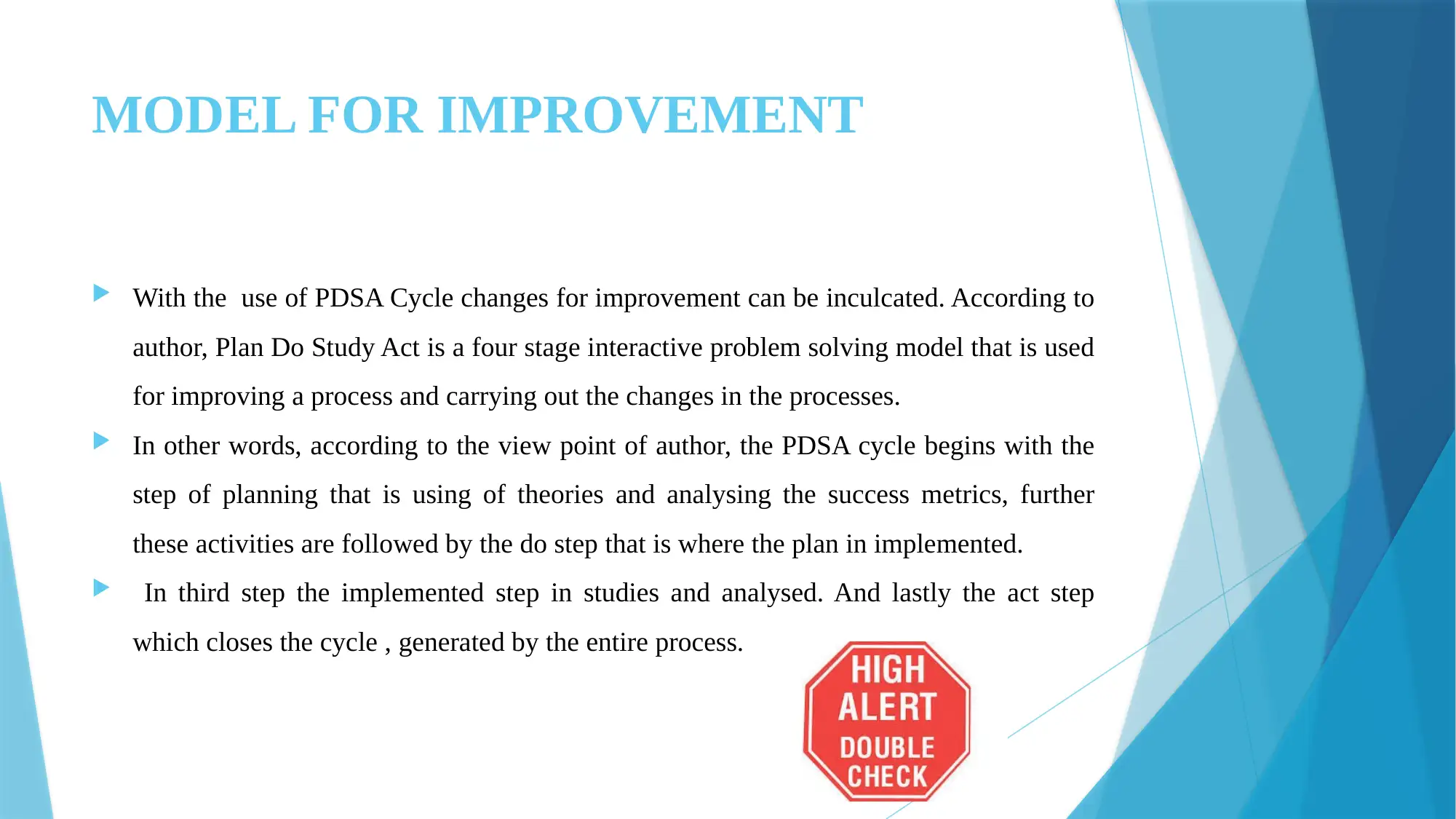

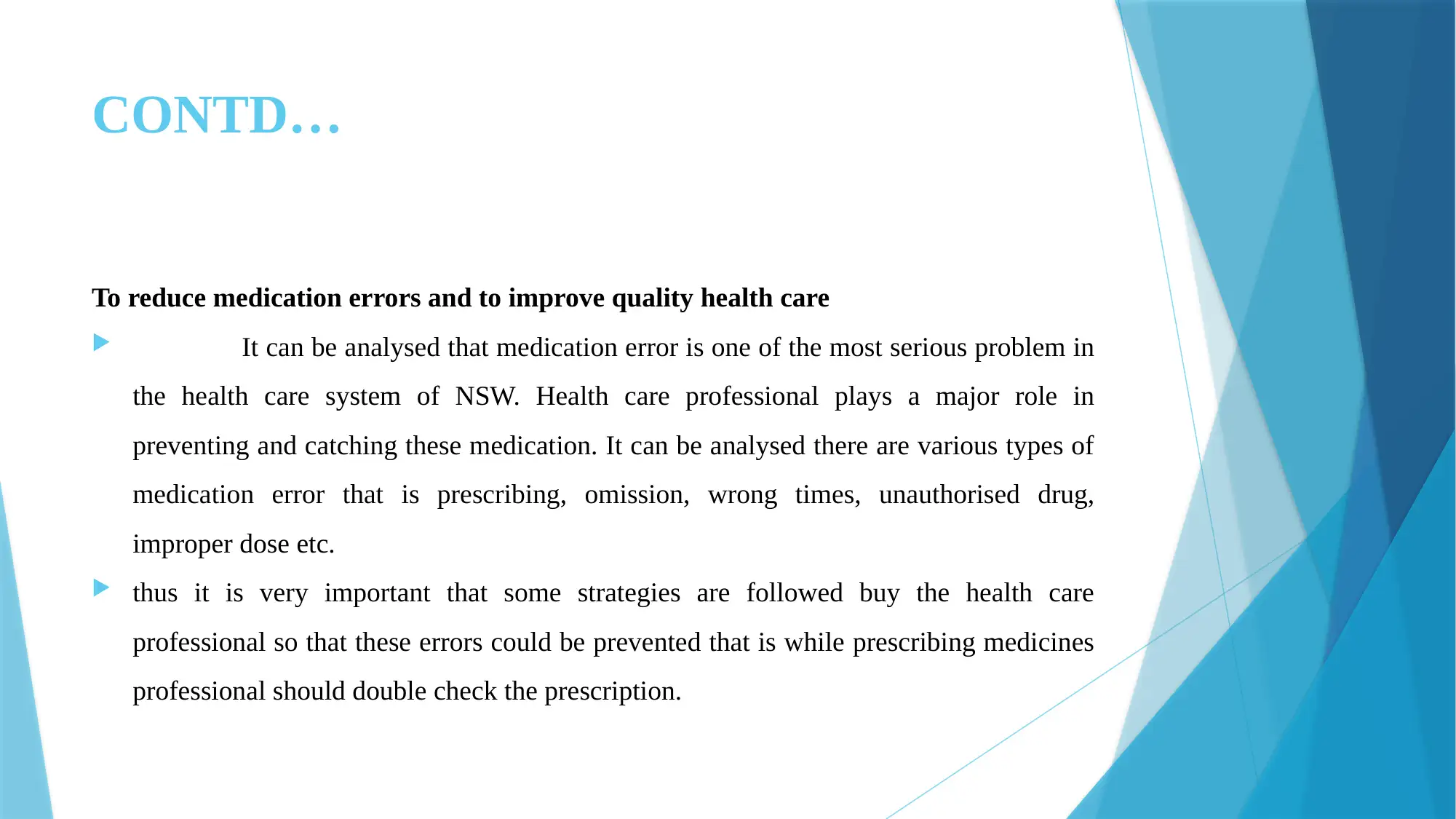
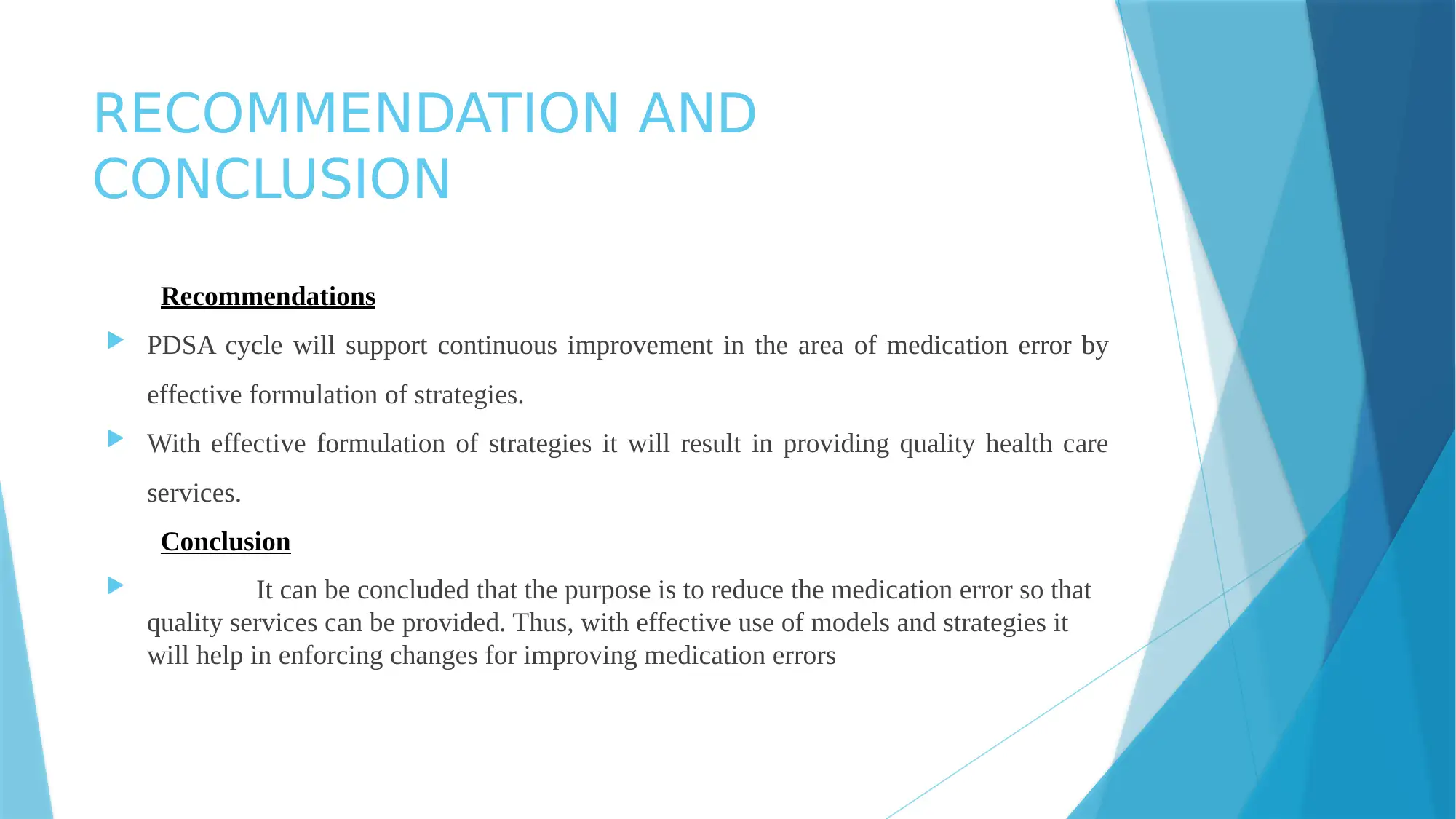
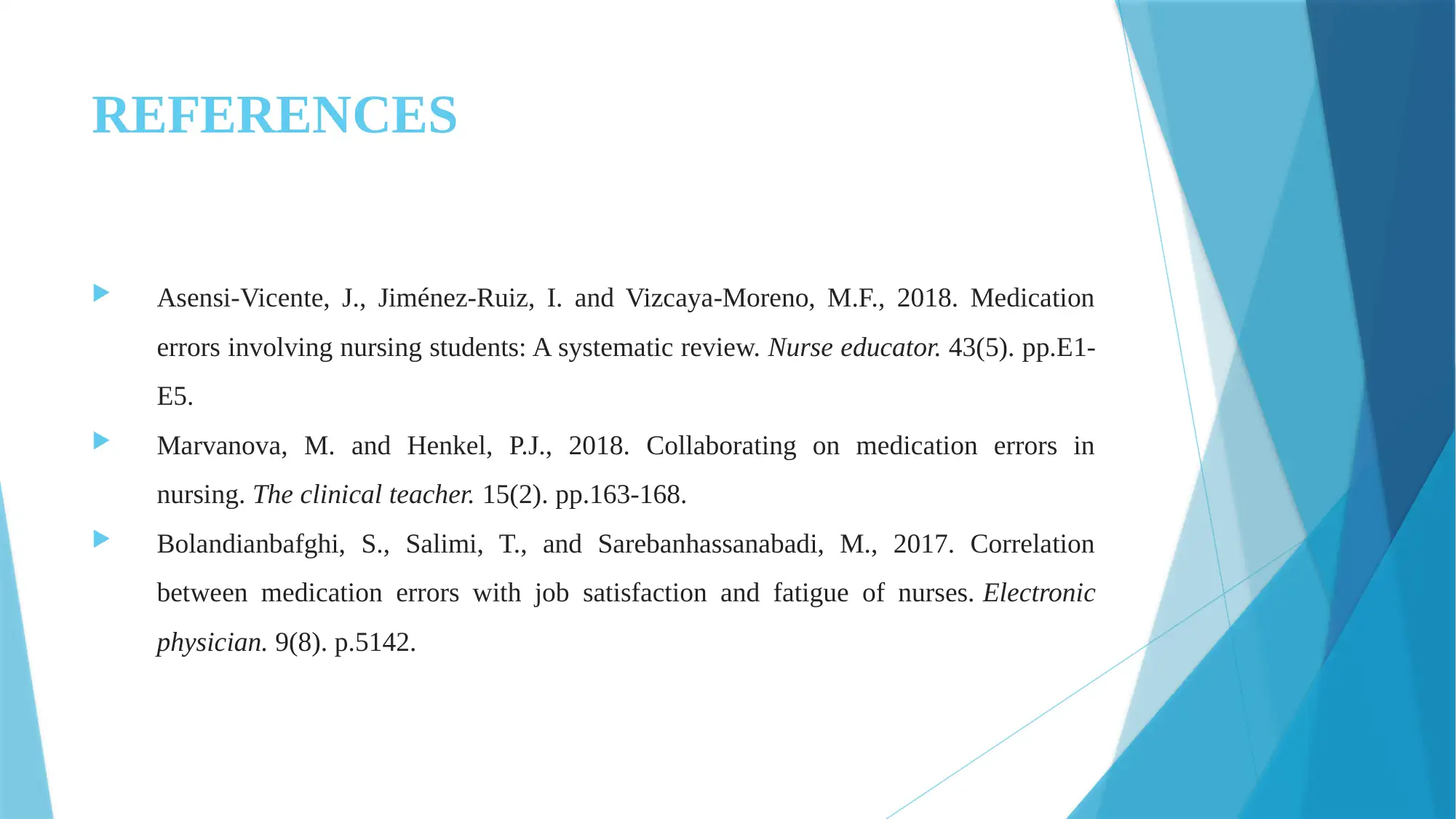






![[object Object]](/_next/static/media/star-bottom.7253800d.svg)